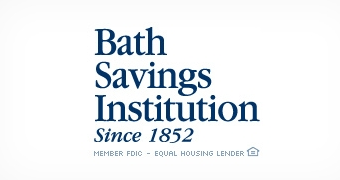Voice phishing attempts have been recorded in the area of Bath, Maine, residents reporting fraudulent robo-calls claiming to be from Bath Savings Institution.
Phone scams are far from being rare and the objective of the perpetrators is ultimately to steal money from the recipient of the call.
There are several variations of the deceit, one of the most common being extortion by tricking the victim into purchasing money vouchers and telling the code to the fraudster.
Customers are not liable in case of fraudulent transactions
Relying on strong social engineering skills, the crooks pretend to be from a government institution or organization and claim that the victim has unpaid financial dues that could lead to spending more, unless an immediate payment is made.
In the case of Bath Savings, the callers aim at emptying the bank account of the victim by asking for sensitive information that would unlock access to the targeted account.
“This is a scam. If you have shared information, don’t be embarrassed, let us know. We will lock your account immediately to protect the security of your information. We will also issue you a new card,” Bath Savings President and CEO Glenn Hutchinson said in an official statement.
The CEO stresses the fact that the bank did not suffer a cyber-attack and that all customer funds are safe. Moreover, even if customers fall victim to this type of fraud, Hutchinson says that they will not be held responsible for unauthorized transactions.
Sensitive information should never be shared
It appears that this scam is not focusing on Bath Savings customers in particular and that it affects clients of other banks too; the calls are made throughout the Midcoast and Southern Maine region.
As a rule of thumb for protecting clients against fraudulent calls impersonating employees of various entities, financial or not, official communication never asks the client to divulge sensitive information, because these details should already be available to the organization.
“Never share your card number, three digit security number, or pin,” is the CEO’s advice for future recipients of such calls.
Other forms of phone fraud refer to tech support scams, where the victim is contacted by someone impersonating a representative of a desk support company on the ground that malware has been detected on their computer.
During the deceit, the scammer establishes a remote control session on the victim’s machine and opens up different panels in Windows where the operating system shows errors that are recorded on a regular basis, such as those in the Event Viewer.

 14 DAY TRIAL //
14 DAY TRIAL // 



